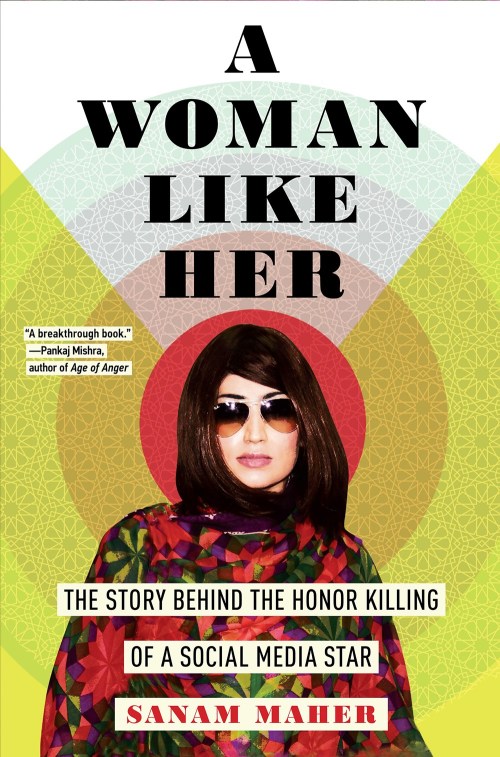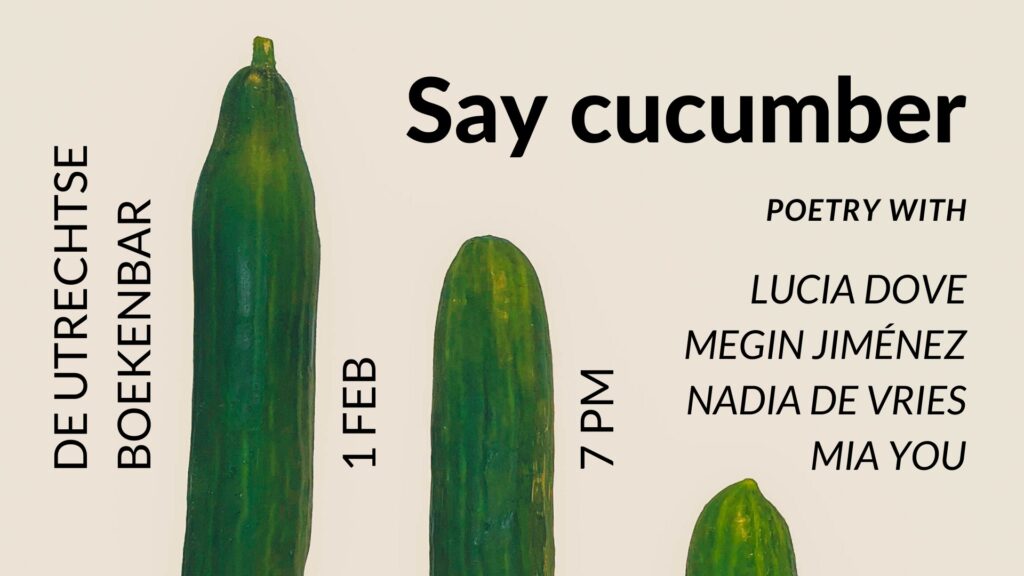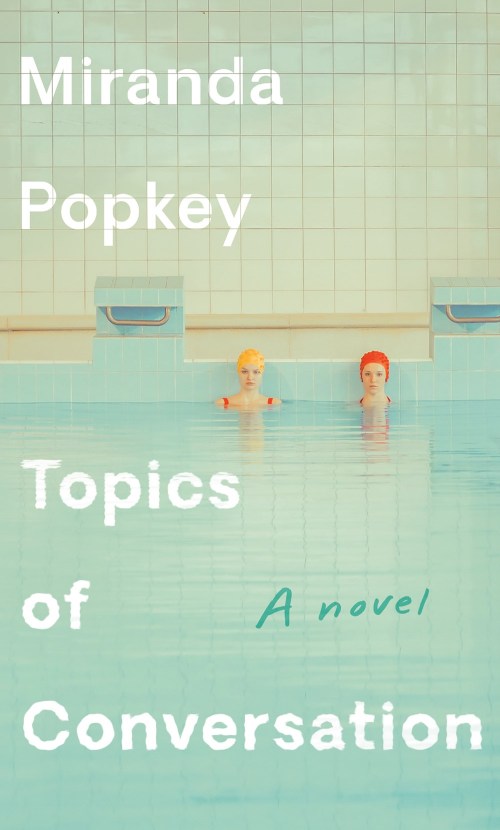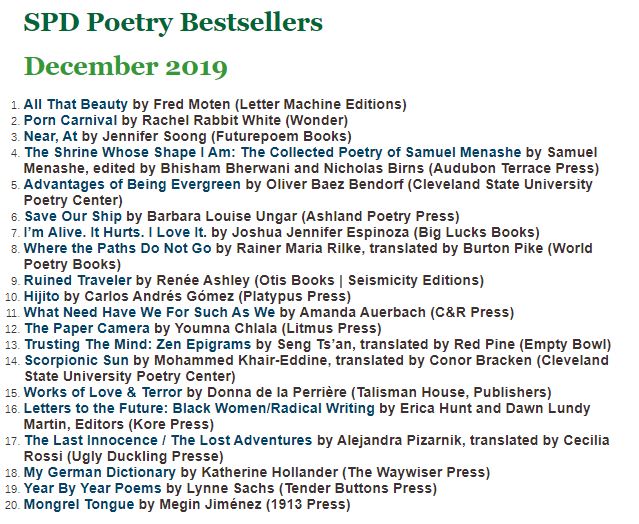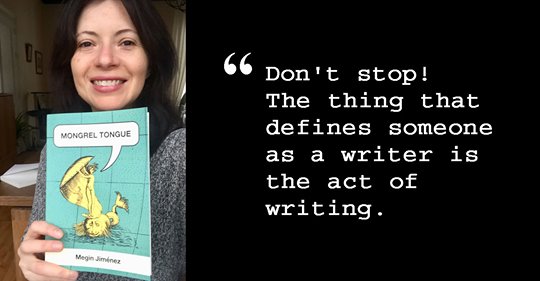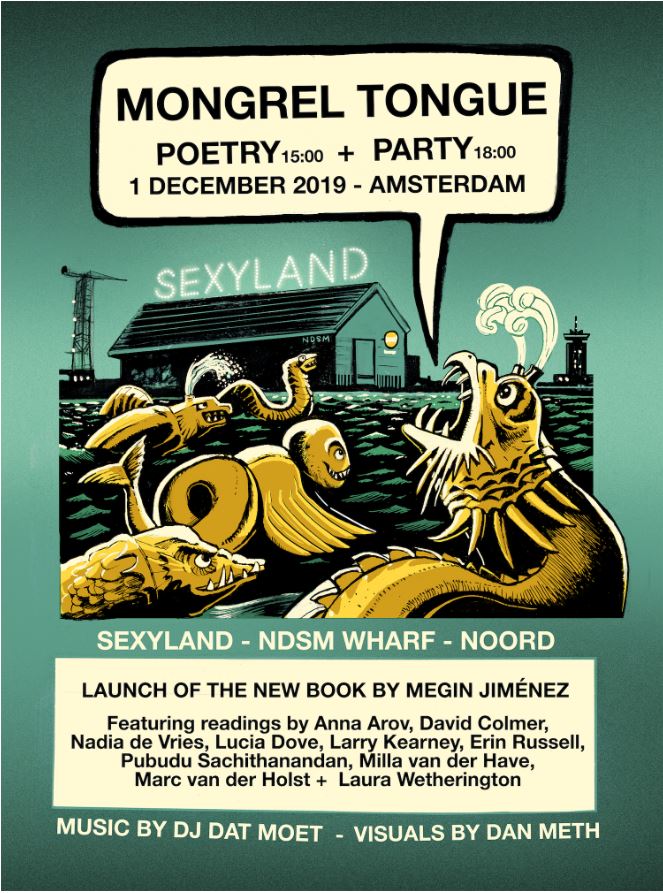There was a word in his language, I said, that was hard to translate but that could be summed up as a feeling of homesickness even when you are at home, in other words as a sorrow that has no cause. This feeling was perhaps what had once driven his people to roam the world, seeking the home that would cure them of it. It may be the case that to find that home is to end one’s quest, I said, but it is with the feeling of displacement itself that the true intimacy develops and that constitutes, as it were, the story. Whatever the kind of affliction it is, I said, its nature is that of the compass, and the owner of such a compass puts all his faith in it and goes where it tells him to go, despite appearances telling him the opposite. It is impossible for such a person to attain serenity, I said, and he might spend his whole life marvelling at that quality in others or failing to understand it, and perhaps the best he can hope for is to give a good imitation of it, as certain addicts accept that while they will never be free of their impulses they can live alongside them without acting on them. What such a person cannot tolerate, I said, is the suggestion that his experiences have not arisen out of universal conditions but instead can be blamed on particular or exceptional circumstances, and that what he was treating as truth was in fact no more than personal fortune; any more than the addict, I said, ought to believe that he can regain his innocence of things of which he already has a fatal knowledge.
From Kudos, by Rachel Cusk
I finished this last book in Cusk’s incredible “Outline” trilogy today, and I’m still pondering this passage. Faye is responding to a young interviewer who’s trying to persuade her that she would be happy if she lived somewhere sunny. Her response appears to be that the questing dissatisfaction that drives her shouldn’t be attributed to her personal misfortunes, and that it is not ultimately a quality that she can or perhaps even wants to reject. This follows on one of the central questions Faye/Cusk seems to be asking: What does suffering bring? What does it make possible?
